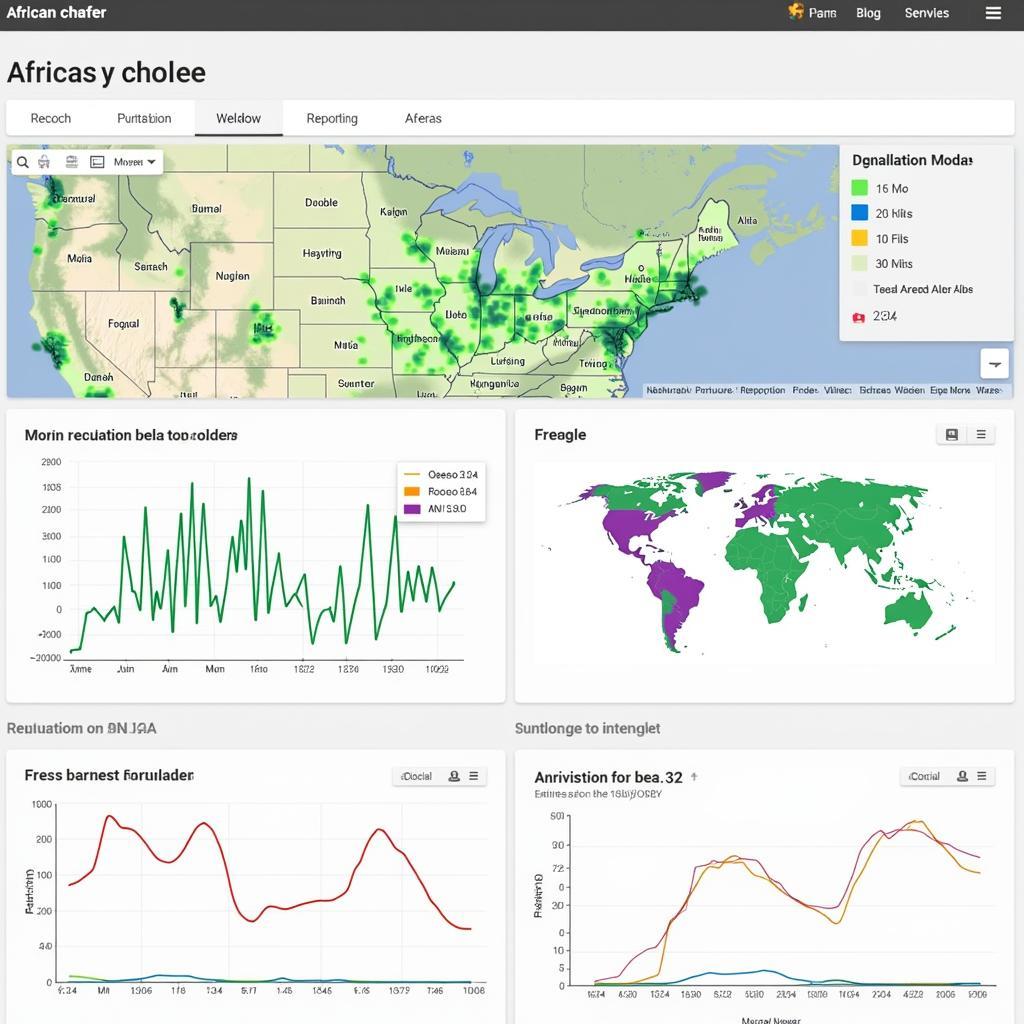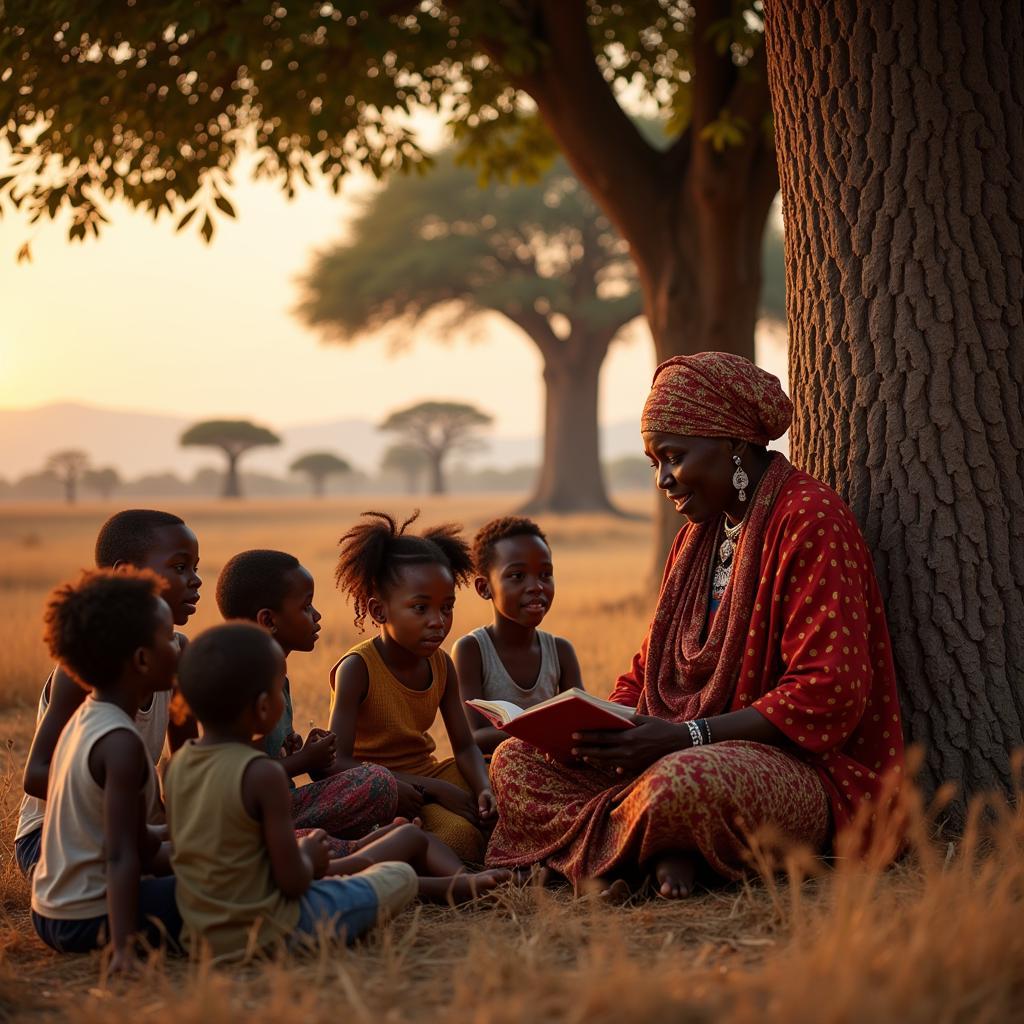A Rich History: African American Churches in Cleveland, Ohio
African American churches in Cleveland, Ohio, represent more than just places of worship; they are cornerstones of the community, deeply woven into the fabric of the city’s social, political, and cultural life. These institutions have served as beacons of hope, resilience, and progress for generations, offering spiritual guidance, social support, and leadership in the fight for civil rights and equality. From their humble beginnings to their prominent roles today, these churches continue to shape the landscape of Cleveland.
The Rise of African American Churches in Cleveland
The history of African American churches in Cleveland is inextricably linked to the Great Migration. As African Americans sought refuge from the oppressive Jim Crow South in the early to mid-20th century, they brought with them their deep faith and traditions. These newly arrived Clevelanders established churches that became vital centers of community life, providing a sense of belonging and mutual support in a new and often challenging environment. These early churches served not only as spiritual sanctuaries but also as hubs for social gatherings, educational initiatives, and political organizing.
Early Churches and Community Building
Many of the earliest African American churches in Cleveland, such as St. John’s African Methodist Episcopal (AME) Church, established in 1830, and Olivet Institutional Baptist Church, founded in 1848, played crucial roles in the abolitionist movement. These churches provided safe havens for runaway slaves on the Underground Railroad, and their congregations actively participated in anti-slavery activities. This early activism laid the foundation for the churches’ continued involvement in social justice movements throughout the 20th and 21st centuries.
African American Churches and the Civil Rights Movement
The Civil Rights Movement witnessed the continued rise of African American churches as centers of social and political activism. Cleveland’s African American churches served as organizing hubs for protests, voter registration drives, and community mobilization efforts. Leaders like Rev. Dr. Martin Luther King Jr. visited and spoke at several Cleveland churches, inspiring and galvanizing the local community. These churches provided a platform for voices demanding equality and justice, amplifying the calls for desegregation, fair housing, and equal opportunities.
A Legacy of Social Justice
Cleveland’s African American churches have a rich legacy of social justice advocacy. Beyond the Civil Rights Movement, they have continued to address issues like poverty, education inequality, and criminal justice reform. Many churches operate food banks, after-school programs, and job training initiatives, demonstrating their commitment to serving the holistic needs of their communities. This enduring commitment to social action reflects the deep-rooted belief in the power of faith to transform lives and communities.
The Continuing Influence of African American Churches
Today, African American churches in Cleveland continue to be vibrant centers of community life. They offer a range of services and programs, from spiritual guidance and worship to social support and community outreach. These churches also play a vital role in preserving African American culture and heritage, celebrating the rich traditions of music, art, and storytelling that have shaped the identity of the community.
A Hub for Cultural Preservation
The gospel music tradition, deeply rooted in African American churches, continues to thrive in Cleveland. Several churches boast renowned choirs and musicians, and gospel music concerts and festivals are popular community events. These churches also serve as repositories of historical and cultural artifacts, preserving documents, photographs, and oral histories that tell the story of the African American experience in Cleveland.
“African American churches are more than just buildings; they are living testaments to the strength, resilience, and faith of a community,” says Dr. Angela Davis, a renowned historian of the African American church. “They represent a continuous thread connecting past generations to the present, preserving history and inspiring hope for the future.”
Conclusion
African American churches in Cleveland, Ohio, have played, and continue to play, a vital role in shaping the city’s social, political, and cultural landscape. From their historic involvement in the abolitionist and civil rights movements to their ongoing commitment to social justice and community building, these churches serve as pillars of strength and resilience. They represent a powerful legacy of faith, activism, and community empowerment, continuing to inspire hope and positive change for generations to come. By exploring the history and contributions of these institutions, we gain a deeper understanding of the rich tapestry of African American life in Cleveland.
FAQ
- What role did African American churches play in the Underground Railroad?
- How did the Great Migration impact the growth of African American churches in Cleveland?
- What are some notable examples of social justice activism led by African American churches in Cleveland?
- How do African American churches in Cleveland contribute to cultural preservation?
- What are some of the key challenges facing African American churches in Cleveland today?
- How are African American churches adapting to the changing demographics and needs of their communities?
- Where can I find more information about the history of specific African American churches in Cleveland?
For further assistance, please contact us at Phone Number: +255768904061, Email: kaka.mag@gmail.com, or visit us at Mbarali DC Mawindi, Kangaga, Tanzania. Our customer service team is available 24/7.

